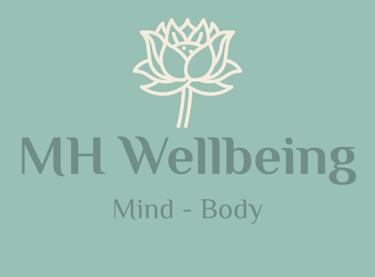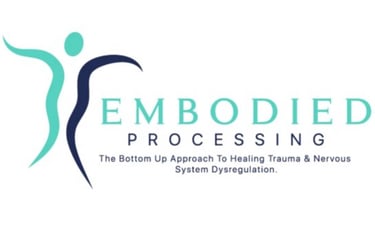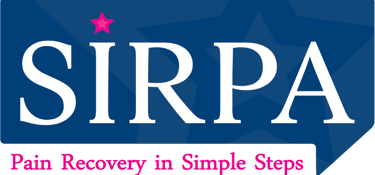Frequently Asked Questions
Sessions where it suits you
Sessions can be face to face at my quiet room in Horley or over zoom from the comfort of your own room, wherever you are in the world!


Frequently asked questions
How long is each session?
Each session is one hour.
What is hypnosis?
Hypnosis is the process of inducing a trance. Trance is a natural state of mind, which almost everybody has experienced involuntarily at some point e.g. when you are engrossed in a book or film, daydreaming. A hypnotherapist will induce this pleasant state of relaxation as part of therapy. It is not the same as sleeping, as you are still aware of what is going on around you, and in control at all times
What is hypnotherapy?
Hypnotherapy is when a trained therapy professional uses hypnosis to encourage positive change. It's a type of therapy which aims to talk to the subconscious mind. A hypnotherapist will hypnotise a client, (e.g. by verbally guiding them using visualisation or progressive relaxation), so that they enter a relaxing trance state, so that their mind becomes more receptive and focused, to create a deep-rooted and lasting change of old habits, emotions, memories etc. Hypnotherapy is not mind control - you only enter a hypnotic trance state if you wish for it to happen.
How many sessions will I need?
Everyone is unique and therefore we do not know. The time needed depends upon your level of motivation and the complexity of your issue(s). What is most important is that change does occur AND that it is longterm. Sessions also works best a week or two apart.
If we are using a solution focussed approach 2-4 sessions are often required; whilst more in-depth work to treat the root cause to offer longer lasting and deeper healing, may require a greater number of sessions.
What is CBT?
Cognitive Behaviour Therapy (CBT) is a very effective therapy. It's based on the fact that your beliefs, thoughts and behaviour all effect each other and that these can be examined and changed to help improve problems such as anxiety, anger, depression and so on.
What is ACT?
Acceptance and commitment therapy (ACT therapy) is a type of mindful psychotherapy that helps you stay focused on the present moment and accept thoughts and feelings without judgment

MH Wellbeing, Maria Hancock MSc GQHP
Trauma-Informed Somatic Therapist, Hypnotherapist, Mindfulness Teacher, SIRPA Pain Recovery Practitioner
Specialist in stress, anxiety, chronic pain and other mind-body symptoms.
Local areas: Horley, Reigate, Redhill in Surrey and Crawley, Horsham, Copthorne in West Sussex. English Speaking Online Therapy.








